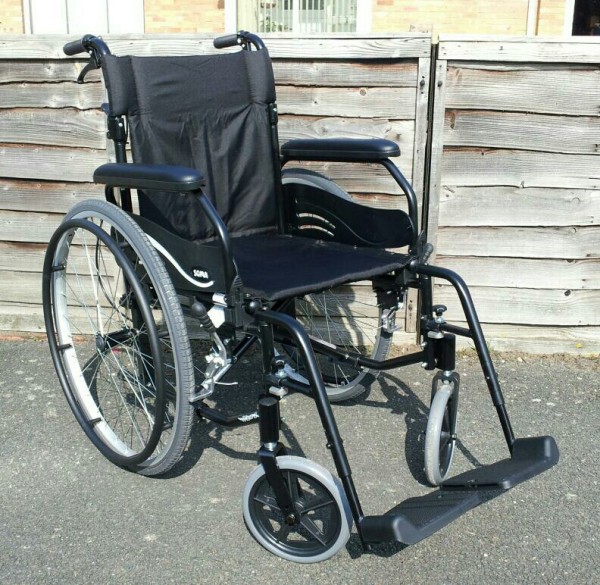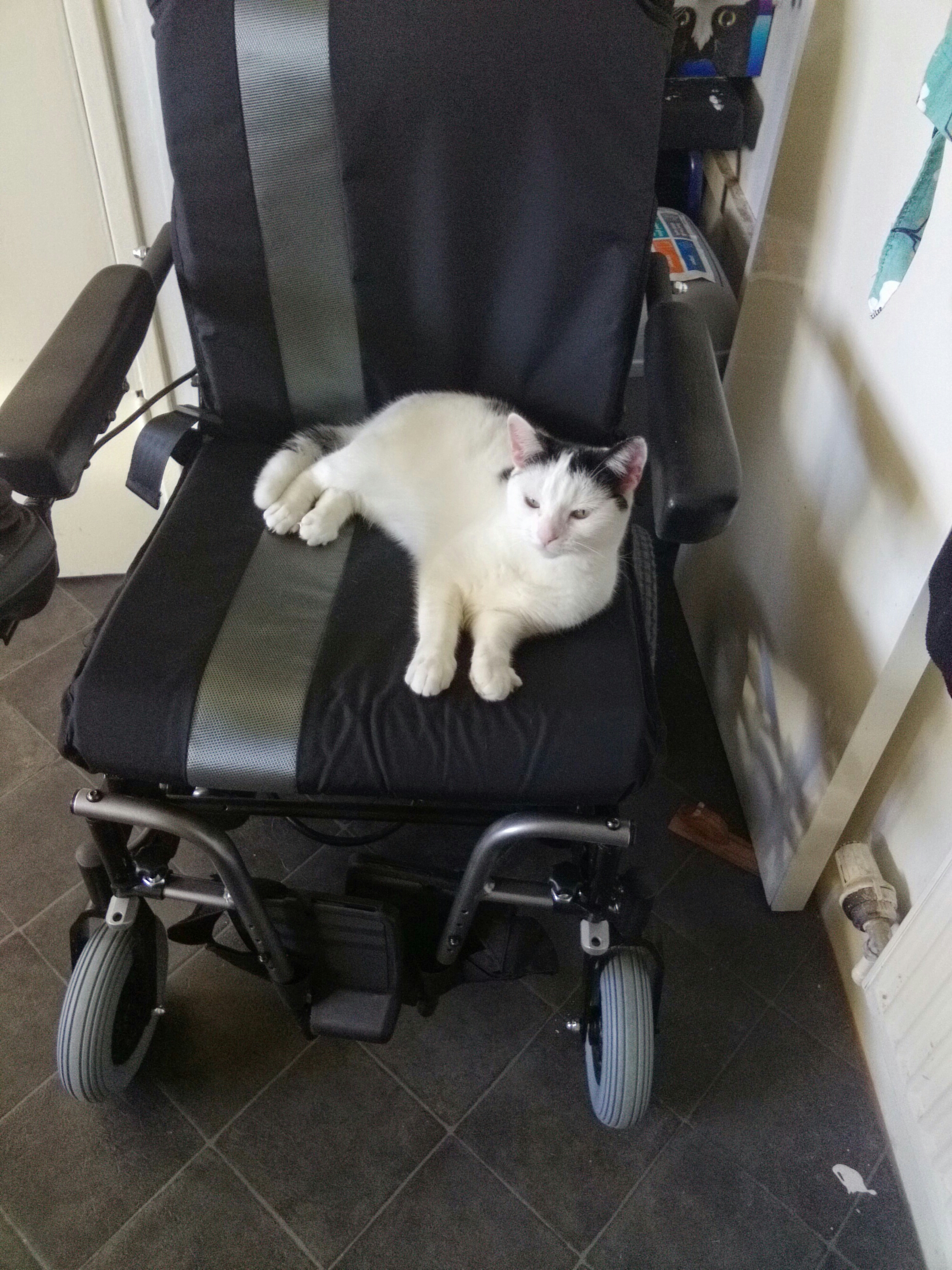This time last year we took the Department of Work and Pensions to a judicial review to decide if they properly consulted about cutting help for people who can only walk a few metres.
The original consultation did not make clear the plan to cut the qualifying maximum distance from 50 metres to 20. In quite strong language for a judge, the court noted that the consultation was “Mind-bogglingly opaque”, “At best ambivalent”, and “Convoluted, inherently unclear, ambiguous and confusing. No construction allows for full coherence.”
Nevertheless, the court found - very narrowly - in favour of the government and said that the second consultation, started after this judicial review was in motion, was enough to make things right.
This week we are back in court to appeal that decision. We argue that the second consultation could never have changed the decision that had already been made. The hearing will take place in the Royal Courts of Justice in London from 10:30 on the 14th and 15th of July. The judgement will follow a few days later.
It is frustrating that this case is about whether the consultation on PIP was fair rather than about the cut itself, but the courts cannot decide on government policy. As part of their defence the DWP pointed out that they are fully aware of the impact of their policy, and are removing DLA from “individuals with genuine health conditions and disabilities and genuine need” and “removing or reducing that benefit may affect their daily lives.” The DWP did do a consultation on their policy though, and that consultation wasn’t fair, so that is what we are fighting.
Background information
As part of the Welfare Reform Act 2012 the government replaced Disability Allowance with Personal Independence Payments. Their main reason for the change was to introduce repeated frequent testing to see if claimants have miraculously healed. They also changed the maximum distance that you can walk and still qualify for help towards regaining your mobility. Under DLA the cutoff was recognised to be 50 metres. Under PIP it has been slashed to just 20 metres. This means that if someone can walk more than 20 but less than 50 metres (subject to a few caveats) then they will no longer get the highest amount for the mobility component of PIP. Assuming the person still qualifies for the lower rate of mobility, this is a cut of £35.65 per week. But worse than that, the higher rate mobility component is a gateway to all sorts of help including the right to lease a car or wheelchair through the Motability scheme. As a result of this cut more than a hundred people are losing their car every week, and many thousands more will follow when they are reassessed for PIP. Losing independent transport means losing independence and access to services.
A prominent example of this came just last month when Teenage Paralympian Kayleigh Haggo was denied the higher rate for mobility and lost her car. Kayleigh got her car back after the decision was overturned a few weeks later but this illustrates the problem that we are facing.
Previously on this blog:
PIP judicial review: Court rules against us but vindicates our case
Two weeks until PIP Judicial Review – 20 metre limit in the dock
Replacement of disability living allowance headline news for hours




